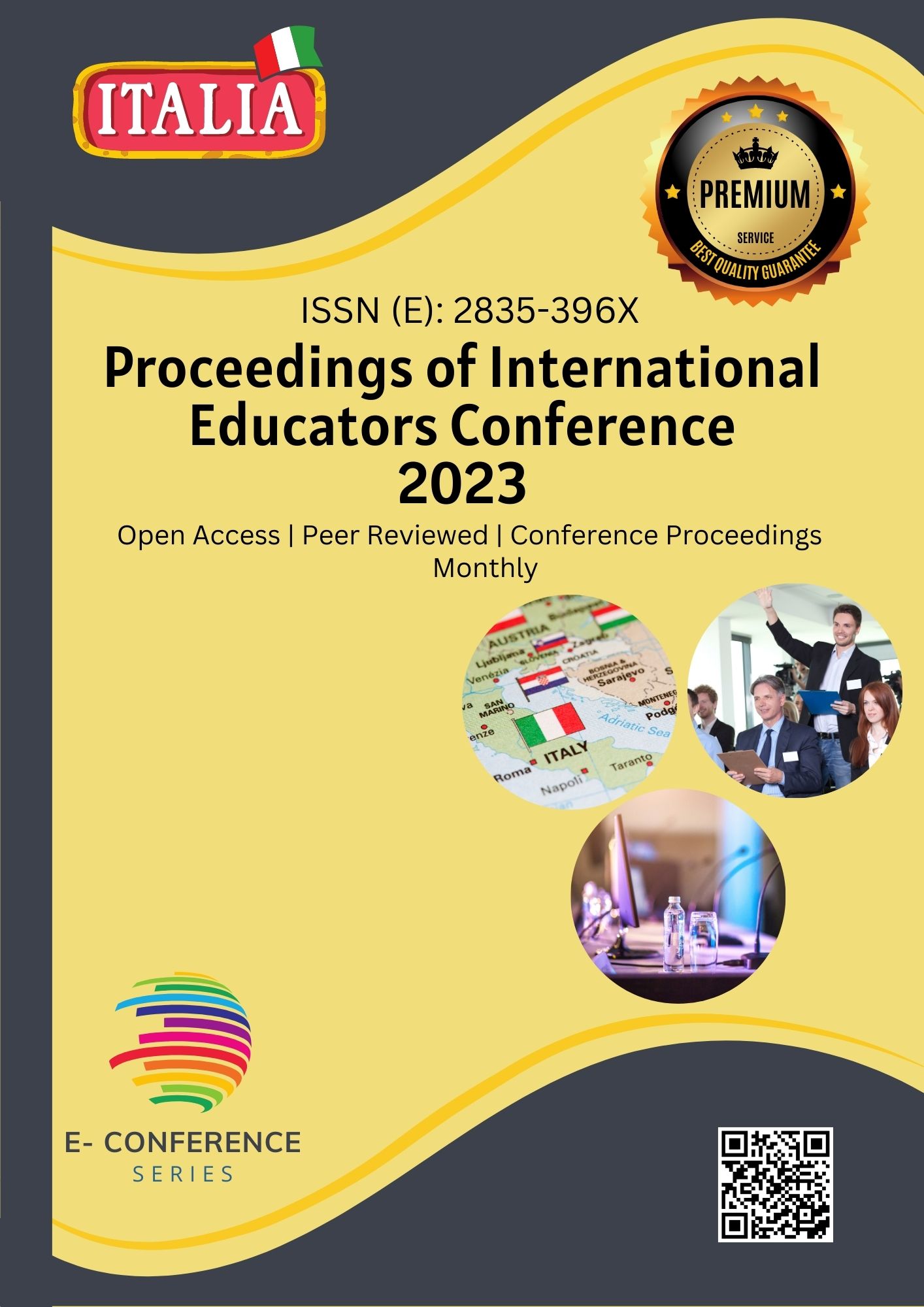DIDACTIC POSSIBILITIES OF DIGITAL EDUCATIONAL RESOURCES IN THE DEVELOPMENT OF LINGUISTIC COMPETENCE OF PEDAGOGUES
Abstract
In the dynamic landscape of education, the development of linguistic competence among faculty is essential for effective communication, teaching, and professional growth, especially in specialized areas such as English in Engineering. In this context, the didactic opportunities offered by digital learning resources play an important role in improving teachers' language knowledge, pedagogical skills, and general educational effectiveness. Digital learning resources can meet the specific needs of engineering teachers. provides a variety of interactive language learning platforms. These platforms offer engaging activities, interactive exercises and multimedia content designed to improve vocabulary retention, grammar accuracy and communication skills in technical contexts. Teachers can use these resources to improve their linguistic competence through self-paced learning modules, real-time feedback mechanisms, and personalized learning plans tailored to their skill levels the availability of specific reflective content and authentic materials.[5]
References
RABABAH І. The Reality of Using Modern Teaching Methods in Teaching Arabic for Speakers of other Languages from Teachers’ Perspective, Journal of Social Sciences (COES&RJ-JSS.) 2020. Available at: doi.org/10.25255/jss.2020.9.1.58.94. Access: May 05, 2021. [1]
SHCHEPYLOVA, A. V. Kommunykatyvno-kohnytyvnyi podkhod k obuchenyiu frantsuzskomu yazыku kak vtoromu ynostrannomu: teoretycheskye osnovы. M., Vlados, 2003, 486 р. (in Ukrainian) [2]
SIM, M.; POP, A. The impact of social media on vocabulary learning: Case study Facebook. Annals of the University of Oradea. Economic Science Series, 2014, 23(2), 120-130. Available at: https://ideas.repec.org/a/ora/journl/v2y2014i2p120-130.html. Access: May 05, 2021. SKIBBA, R. How a second language can boost the brain. Knowable Magazine, 2018. Available at: doi:10.1146/knowable-112918-1. Access: May 07, 2021. [3]
SYNORUB, H.; MEDYNSKA, O. Development of information culture of students of humanitarian specialities. Information Technologies and Learning Tools. 2019, vol. 72, no. 4, 152-167. Available at: doi.org/10.33407/itlt.v72i4.2922. Access: May 05, 2021. [4]
SYSOYEV, P.; EVSTIGNEEV, M. Foreign Language Teachers’ Competency and Competence in Using Information and Communication Technologie, Procedia - Social and Behavioral Sciences, vol. 15(4), 2014, 82–86. Available at: doi: 10.1016/j.sbspro.2014.10.116. Access: May 05, 2021. [5]
TASHAKORI, S.; HAGHIGHAT, S. Designing the intelligent system detecting a sense of wonder in English speech signal using fuzzy-nervous inferenceadaptive system (ANFIS). [6]
Downloads
Published
Issue
Section
License

This work is licensed under a Creative Commons Attribution-NonCommercial 4.0 International License.








